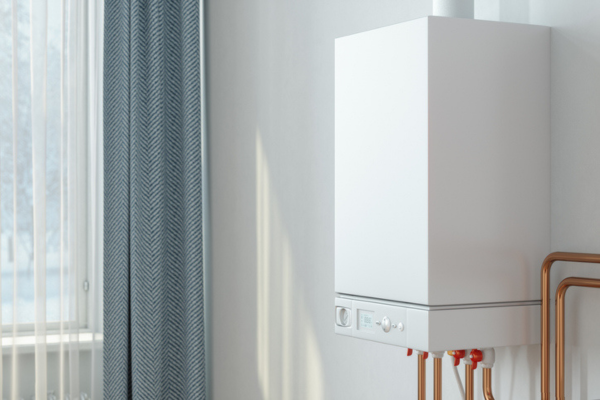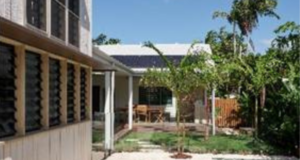
Hot water systems in Australia must comply with national and state regulations to ensure safety, efficiency and sustainability. The main framework includes the National Construction Code, Australian Standards for plumbing and heated water services and product certification schemes that guarantee safety and performance.
Temperature control and safety
To protect users from scalding and to prevent bacterial growth:
- Hot water must be stored at a minimum of 60°C to inhibit bacteria such as Legionella.
- Water delivered to taps should not exceed 50°C, particularly in areas accessed by children, elderly or vulnerable people.
- Tempering valves are commonly installed to regulate the temperature at the outlet and add an extra layer of safety.
Installation and maintenance
Only licensed plumbers and gasfitters should install or service hot water systems to ensure compliance with regulations and standards. Regular maintenance is essential to maintain system efficiency and longevity, including annual servicing to check for wear, leaks and corrosion.
Energy efficiency and sustainability
Recent updates to the National Construction Code have increased energy efficiency requirements for new builds, including hot water systems. There is a growing push for heat pump hot water heaters, which offer significant energy savings and are increasingly mandated to carry warranties and comply with new guidelines.
Regional variations
Regulations differ across states and territories. For example, some states have begun phasing out gas hot water systems in favour of electric or renewable options as part of net-zero emissions commitments. Other regions have introduced specific rules for heat pump water heaters, including warranty and installation standards.
Ensuring your hot water system complies with current regulations is vital for safety, efficiency and environmental responsibility. Always engage licensed professionals and stay informed about local requirements when installing or upgrading your hot water system.





